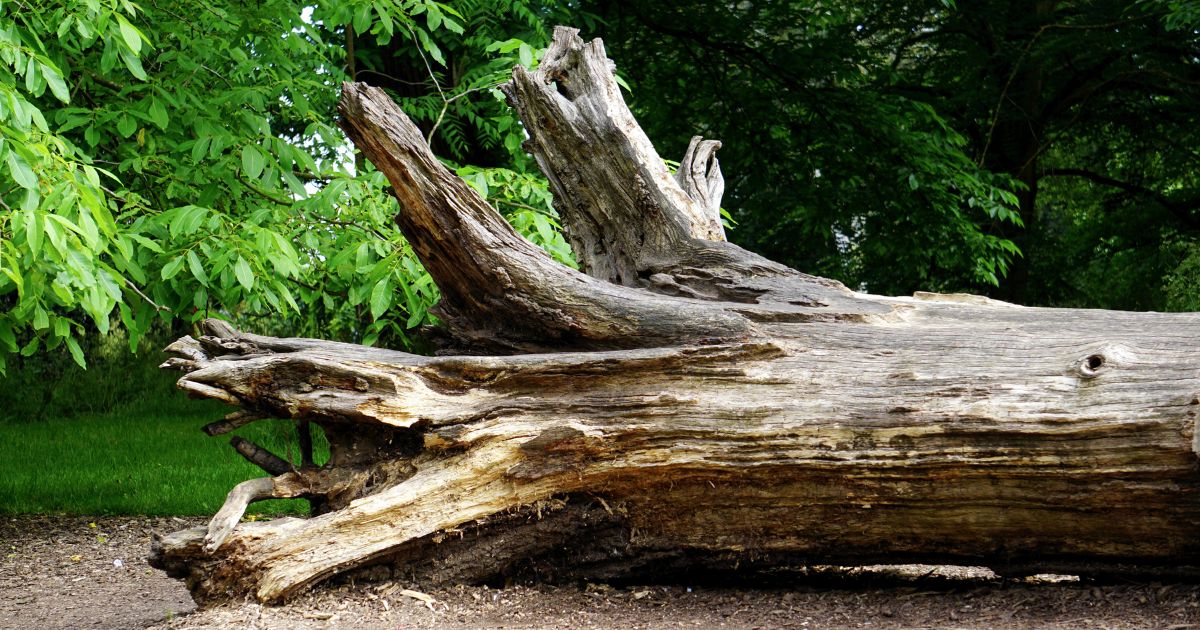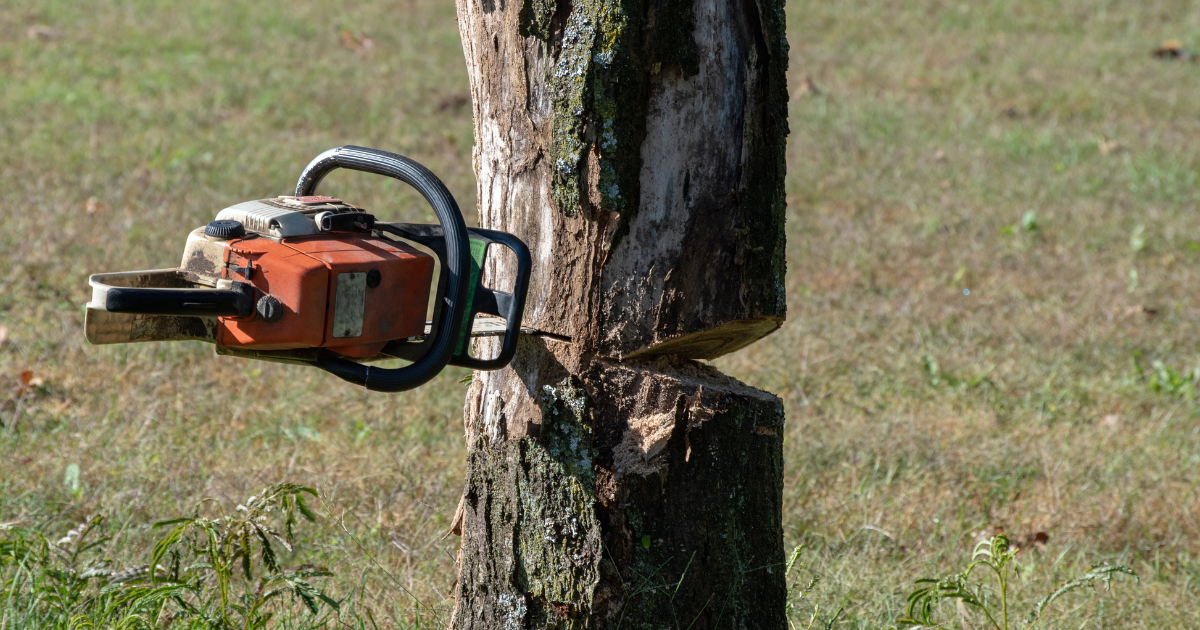How To Make Gardening Easier For The Elderly: 5 Professional Tips

Gardening is a much-loved hobby for many older New Zealanders, offering physical activity, fresh air, and a sense of accomplishment. More than just a physical activity, gardening can also have profound mental and emotional benefits. In fact, spending time in nature can reduce stress, improve mood, and even decrease symptoms of depression and anxiety.
While some tasks may become more challenging with age, there are many ways to adapt gardening practices to ensure they remain accessible, enjoyable, and fulfilling. In this helpful guide, our expert garden maintenance team shares professional insights into how to make gardening easier for the elderly to help older gardeners embrace their gardening passion with confidence and ease.
1. Choose Accessible Tools and Equipment
Investing in ergonomically designed gardening tools can make a world of difference when it comes to making gardening easier for the elderly. Look for gardening tools with soft, non-slip handles made from lightweight materials like aluminium or plastic, reducing strain on hands and wrists. Opt for tools with bright or reflective handles to improve visibility and make locating them easier.
Long-handled tools can be a game changer, allowing older gardeners to maintain their independence without the strain of bending or stretching. Think of these tools as extensions of your own strength, enabling you to continue working with power and precision.
2. Implement Safe Gardening Practices
Gardening can be physically demanding, but it can also be done smartly to protect your body and preserve your energy. Empower yourself to enjoy longer, safer gardening sessions with these simple adjustments:
Take regular breaks: Work in 20–30-minute intervals and listen to your body. Set a timer as a gentle reminder to rest and hydrate.
Stay hydrated: Keep a water bottle nearby to prevent dehydration, particularly during warmer months.
Gear up: Wear gloves, wide-brimmed hats, and sunscreen to protect against cuts, sunburn, and overheating. Opt for non-slip footwear with ankle support to maintain stability.
Use knee pads or garden seats: Protect your knees and lower back by using padded kneeling pads or foldable garden seats with built-in storage, making it easy to keep tools close at hand.

3. Create a Low-Maintenance Garden
A thoughtfully planned garden can provide beauty and satisfaction without demanding constant upkeep. Try these great low-maintenance options:
Perennials: These plants return year after year, eliminating the need for annual replanting. If you choose hardy, drought-resistant varieties, this will also help to minimise overall maintenance.
Mulch: Adding mulch to flower beds not only reduces weed growth but also helps the bed to retain moisture, reducing the need for frequent watering. Organic mulch can also help to enrich the soil over time.
Drip Irrigation Systems: These systems deliver water directly to the roots, reducing the need for manual watering. Nowadays there are also smart irrigation systems that can be programmed to water the garden at optimal times, ensuring plants are hydrated without overexertion.
Container Gardening: Planting in containers can be a fantastic way to keep gardening accessible. Because containers can be placed on raised surfaces, this reduces the need to bend down, making it easier to manage plants individually.
4. Prioritise Safety Without Compromising Independence
In New Zealand, nearly 1 in 5 people are aged 65 and over, and many of them engage in gardening as a hobby. However, in 2022, around 172,000 people aged 65 and over had a fall-related ACC claim—that’s 22 per cent of that age group.
With many of these falls occurring in outdoor spaces, it’s important to reduce the risk of slips and falls in the garden. Here’s how:
Keep paths clear: Remove clutter, fallen branches, and tools from walkways to reduce tripping hazards. Consider installing non-slip mats in areas prone to moisture.
Install handrails: Strategically placed handrails along steps or uneven ground provide added stability and confidence.
Illuminate pathways: Solar-powered lights or motion-activated lighting can help guide your way, especially during early mornings or evenings.

5. Know When to Ask for Support
There is power in knowing your limits. While gardening can be deeply rewarding, some tasks may become more strenuous over time. Whether it’s heavy lifting, pruning tall branches, or extensive weeding, don’t hesitate to seek assistance.
Professional garden maintenance services can step in to handle the more demanding tasks, allowing you to focus on the parts of gardening you love most. The team at Growth Maintenance is here to help you maintain a beautiful, thriving garden while protecting your health and well-being.
Keep Gardening, Keep Growing
Gardening is more than just tending to plants—it’s about cultivating joy, and staying connected to the natural world. With the right tools, practices, and support, elderly gardeners can continue to enjoy the benefits of gardening without compromising their health or independence.
At Growth Maintenance, we’re committed to empowering our elderly community in New Zealand by making gardening accessible, enjoyable, and safe for all. Get in touch with us today to learn how we can assist you in creating and maintaining a garden that reflects your passion and vitality.
Contact us today
09 281 0120
Contact us today for a free consultation. Our expert arborists in Auckland will discuss your specific needs and provide a solution that fits within your budget. Let us help you reduce your property ownership costs with expert tree and garden care from Growth Maintenance.




